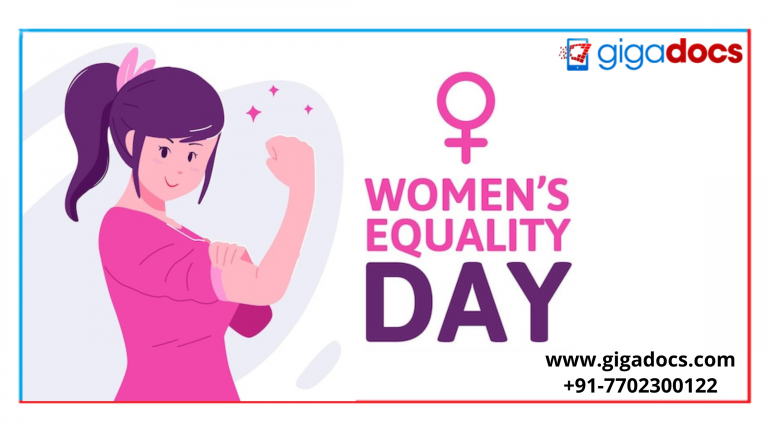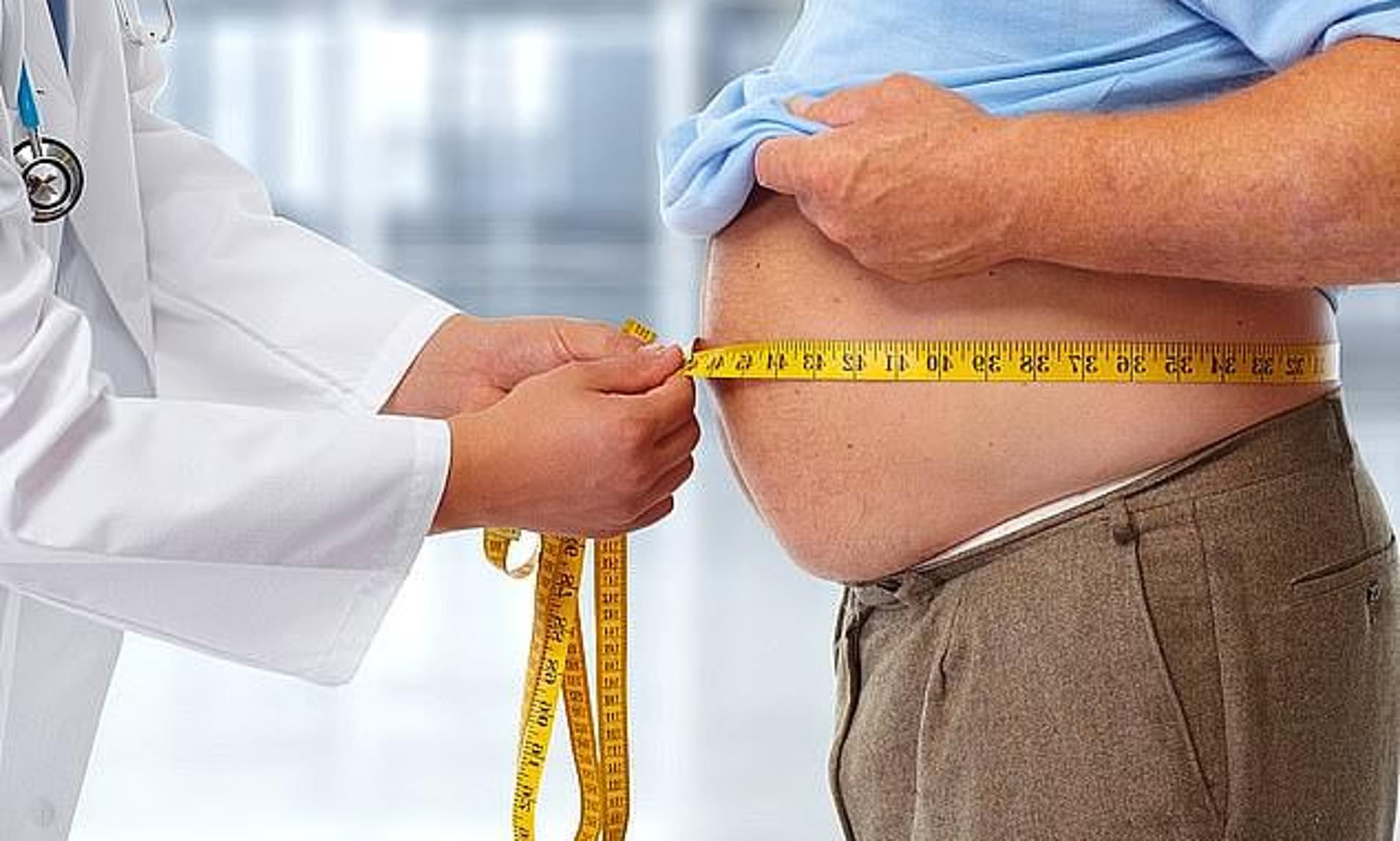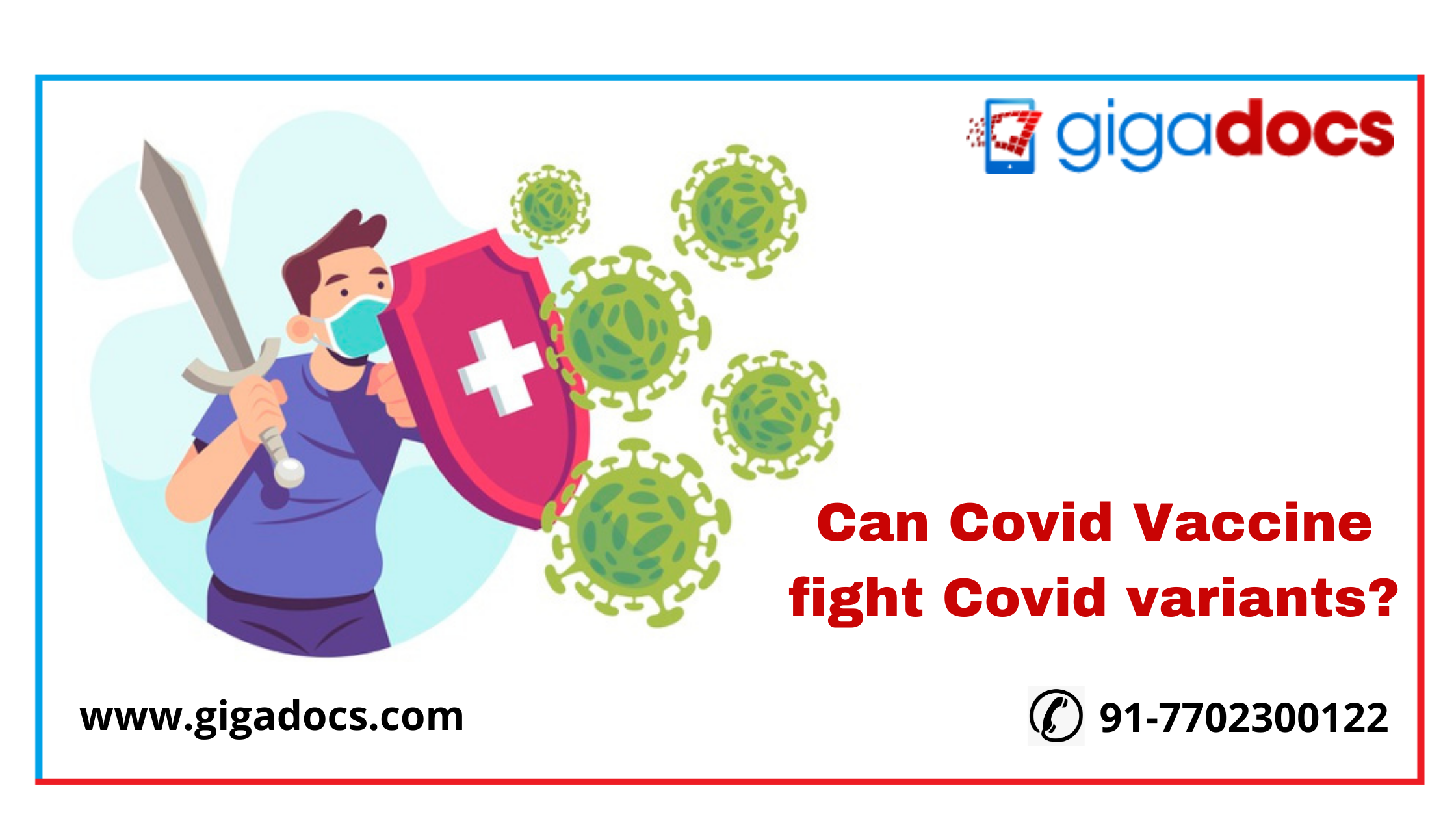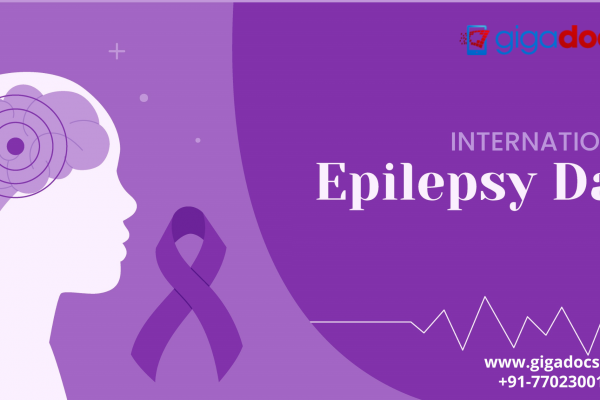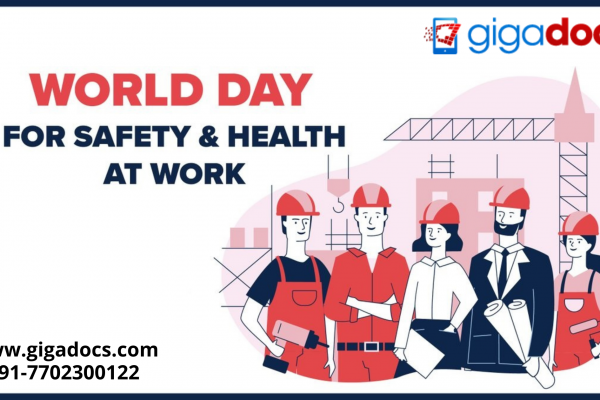Even though the women population in India has grown steadily, there are many aspects in which women struggle to achieve gender equality.
What is Gender equality? It is defined as the stage of human development at which an individual’s rights, responsibilities, and opportunities are not determined by whether he or she is born male or female. Gigadocs brings you the major diseases that affect women and what you can do to protect yourself on this Women’s Equality Day (Aug 26).
Right to Equality in Women’s Healthcare
Women’s healthcare is one of the most critical areas where we need gender equality. According to a study conducted by the All India Institute of Medical Sciences (AIIMS), the Prime Minister’s Economic Advisory Council, the Indian Statistical Institute, and Harvard University, gender-based discrimination has a devastating effect on women’s health in India. Consider these numbers- according to experts, only 37% of women had access to health care, compared to 67% of men. The ongoing COVID-19 pandemic has highlighted significant gaps in our healthcare infrastructure and that women need equal healthcare access to an accurate diagnosis like men.
Why is Women’s Health Neglected?
Women spend more on health care than men, but men receive disproportionate medical attention. Consider this; Breast cancer claims the lives of over 85,000 Indian women each year, a tragic and unnecessary toll that is steadily rising. Almost one-fifth of those deaths can be avoided with the simple precaution of getting a mammogram on time.
- Tuberculosis is frequently associated with HIV infection and is one of the leading causes of death in women aged 20 to 59 in low-income countries.
- While Pregnancy-related complications, along with HIV, is the leading cause of death among women of reproductive age, women account for more than half (55%) of all adults (15-49 years) living with HIV worldwide.
- Infection with Group B Streptococcus is responsible for over 150,000 infant deaths and avoidable stillbirths worldwide.
- The fourth most common cancer among women is Cervical cancer. In most cases, it is the third leading cause of death due to limited access to precancerous lesion screening and treatment and subsequent late-stage detection.
- Breast Cancer is responsible for most of the deaths among women. In Low and Mid-income countries, breast cancer is often diagnosed late and leaves palliative care as the only option for treatment.
How Can Women Take Care of Themselves?
Women must have their annual women screening exam as an indispensable part of their preventive care. Women undergo several vital tests during this screening, including a physical exam and a comprehensive check-up. Why should women need to include a thorough screening plan in their life? Here are some of the reasons to consider-
- Preventive care assists your gynecologist in assessing your overall health, examining your risk factors for specific diseases, and educating you on a healthy lifestyle.
- A complete body checkup allows a woman to assess their health needs, reevaluate her reproductive choices, like birth control options, and discuss preconception planning and menopausal symptoms with her doctor.
After the age of 30, you must have the following screening exams performed:
During your reproductive years and beyond, most annual exams will include screening.
- Breast cancer screenings, as well as screenings for sexually transmitted infections, or STIs
- Screening for mental health.
- Osteoporosis screening to check your bone health.
Prioritizing Your Health with Gigadocs
The Covid-19 pandemic highlighted pre-existing healthcare inequalities, and the current situation necessitates an urgent need to address them and the lack of women’s healthcare access. Timely testing and effective screening of women will significantly reduce infection and mortality rates, resulting in universal access to healthcare.
Our country’s healthcare system must take action to address the inadequate attention given to women’s health concerns. Keeping this in mind, Gigadocs celebrates women on Women’s Equality Day in a manner that is right for you. Make an appointment with Giagadocs for your annual exam. Our expert team of doctors will guide you to good health and well-being. Download the Gigadocs app today to learn more about scheduling your screening and subsequent teleconsultation appointment.
The Gigadocs app provides video consultations with India’s top doctors. Connect with doctors online, 24 hours a day, seven days a week, from the comfort of your home. Get the Gigadocs App from-
- IOS App – apple.co/2W2iG4V
- Android App – bit.ly/33AQoR
